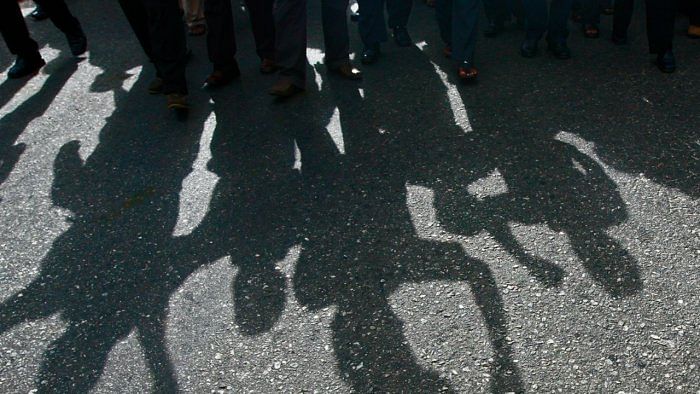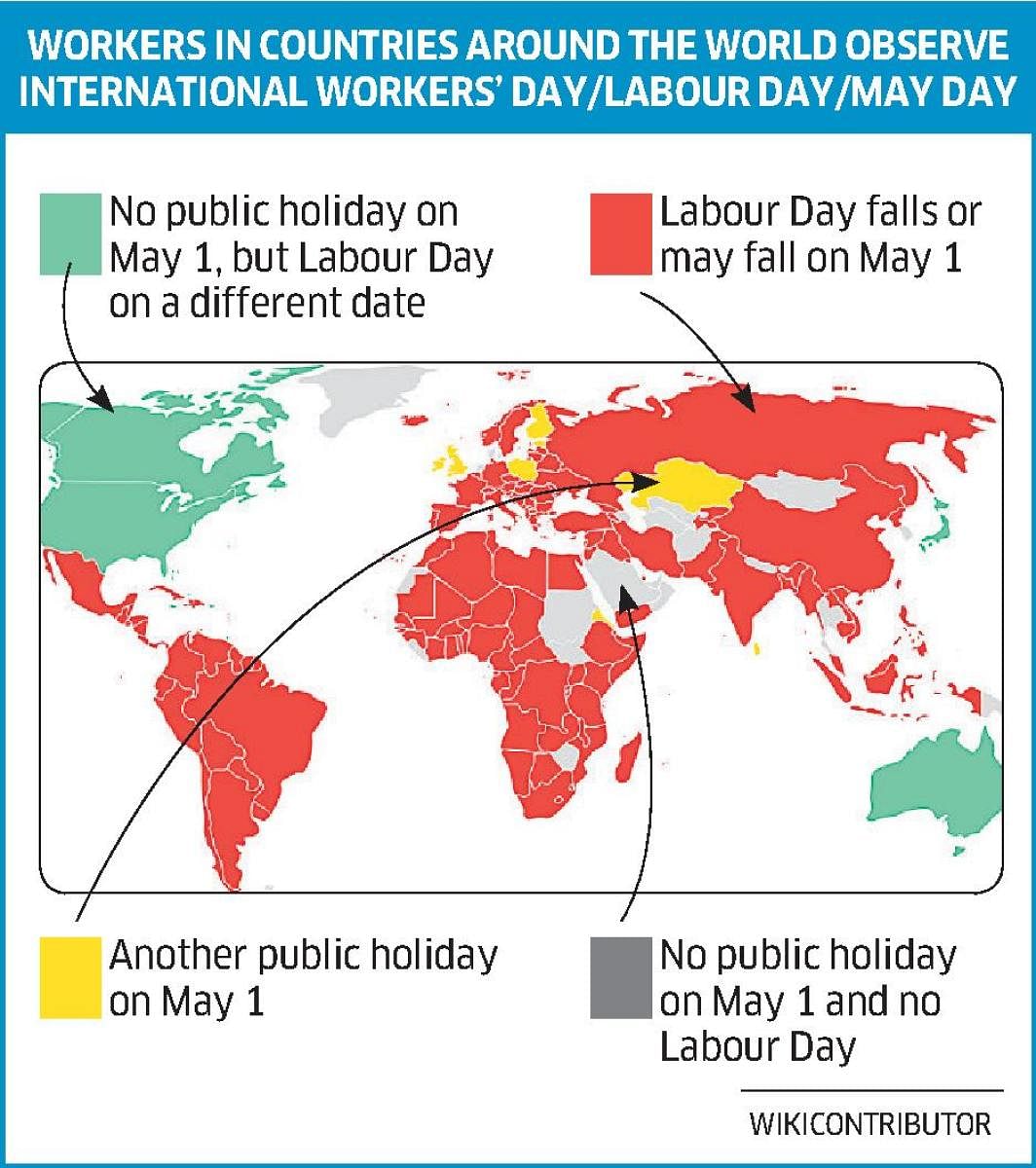

On April 28, a vacation bench of the Karnataka High Court denied permission to trade unions to take out a procession from City Railway Station to Freedom Park and from Town Hall to Freedom Park on the occasion of Labour Day or May Day. The bench cited an earlier order passed in the same suo moto writ petition on March 3 which directed the state government to ensure “no protests, processions, etc., are held in the entire city of Bengaluru except at a park known as Freedom Park, Gandhinagar, Bengaluru, by any group, political or non-political organisation or any other organisation”.
The High Court has, in both the orders, given primacy to the convenience of commuters on the road, and thus denied permission for the workers’ procession despite an express undertaking by the All-India Trade Union Congress that the procession will not be disruptive in any manner and not cause inconvenience to anyone.
The litigation arose because of the existence of the ‘Regulation of public processions and assemblies (Bengaluru City) Order, 2009’ issued by the Commissioner of Bengaluru Police. Regulation 3 makes it unlawful for an assembly or procession to be taken out in Bengaluru city without obtaining prior permission. It was passed with a view to ensuring that the smooth flow of traffic is not hindered. The order passed by the High Court further curtails the right already curtailed by the aforementioned order of Bengaluru police.
International Labour Day or May Day is celebrated on May 1 every year in many countries across the world to mark the struggle of the workers and to commemorate and celebrate the achievements of the movement to secure their rights and livelihood. Workers have been historically oppressed and have had to fight oppression and injustice
for more than two centuries now.
Unequal market forces and skewed power imbalance in favour of the employer make workers vulnerable to exploitation. May Day or Labour Day is celebrated every year to mark not just the advancements that have been made in the workers’ rights movements, but also to reflect and analyse on what is yet to be achieved.
The order passed by the High Court strikes at the heart of the right to freedom of peaceful assembly guaranteed under Article 19 of the Constitution of India. It takes a rather simplistic view of the phrase ‘public order’, ignoring the rich jurisprudence of the Supreme Court on the subject, including in the celebrated judgement of Madhu Limaye vs Sub-Divisional Magistrate (1970). Constitutional courts must always bear in mind that the concern for upholding the fundamental right to protest and the right to peaceful assemblies must necessarily take precedence over any imagined inconvenience that may be caused to commuters and motorists.
Stopping a procession to commemorate Labour Day belittles the entire movement and undermines the struggles of workers. It re-emphasises the harsh reality that even after 75 years of Independence, workers continue to remain second-class citizens in India.
(Justice Gopala Gowda is a former judge of the Supreme Court of India; Maulshree Pathak is an advocate)